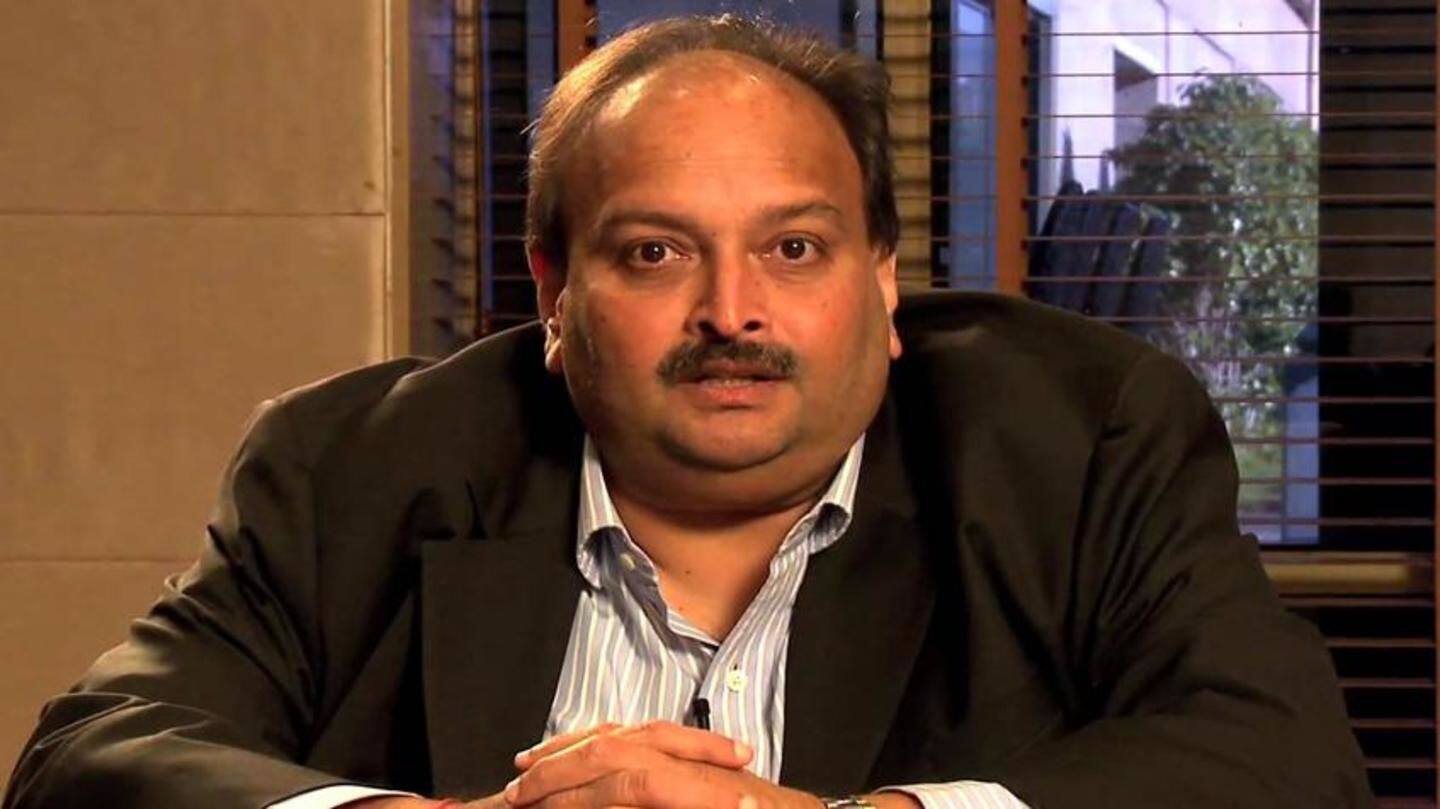
Indian agencies told Antigua no adverse records against Choksi: Report
What's the story
Indian agencies told Antigua that there was no adverse information against Mehul Choksi when the Caribbean country did its background check on the fugitive billionaire before granting him citizenship in May 2017, Antiguan paper the Daily Observer reported. Choksi is one of the alleged masterminds of the $2 billion scam in state-run Punjab National Bank and uncle of fugitive diamantaire Nirav Modi. Here's more.
SEBI action
Antigua found two instances of SEBI action against Choksi's firm
Reportedly, Antiguan authorities did a thorough check on Choksi from open source global agencies but there was "no instance" of any derogatory information against him. The Antiguan authorities, as part of their checks, found two instances of SEBI action against Choksi's firms in 2014 and 2017. To this, SEBI said, "One case was satisfactorily closed and there was insufficient evidence to pursue the other."
Quote
Had there been warrant against Choksi, we'd have known: Antigua
The Antiguan paper, which have quoted the Citizenship by Investment Unit, said, "If there was a warrant against Choksi when his application of citizenship was being processed, Interpol should have been informed about it and it should have been part of the national criminal database."
Details
Choksi had fled India on January 4 this year
Choksi had fled India on January 4 this year and took oath of allegiance in Antigua on January 15. On January 16, the $2 billion scam was detected by Brady House branch of PNB, making it the biggest banking scam in the country. Incidentally, Bengaluru resident Hari Prasad had informed the Prime Minister's Office about alleged nefarious activities of Choksi back in July 2016.
Antigua and Barbuda passport
Person can take Antigua passport on minimum investment of $100,000
Under the Citizenship by Investment Program of Antigua and Barbuda, a person can take their passport on a minimum investment of $100,000 in NDF investment fund. Choksi and his companies allegedly availed credit from overseas branches of Indian banks using the fraudulent guarantees of PNB given through letters of undertaking (LoUs) and letters of credit issued by Brady House branch, which weren't repaid.